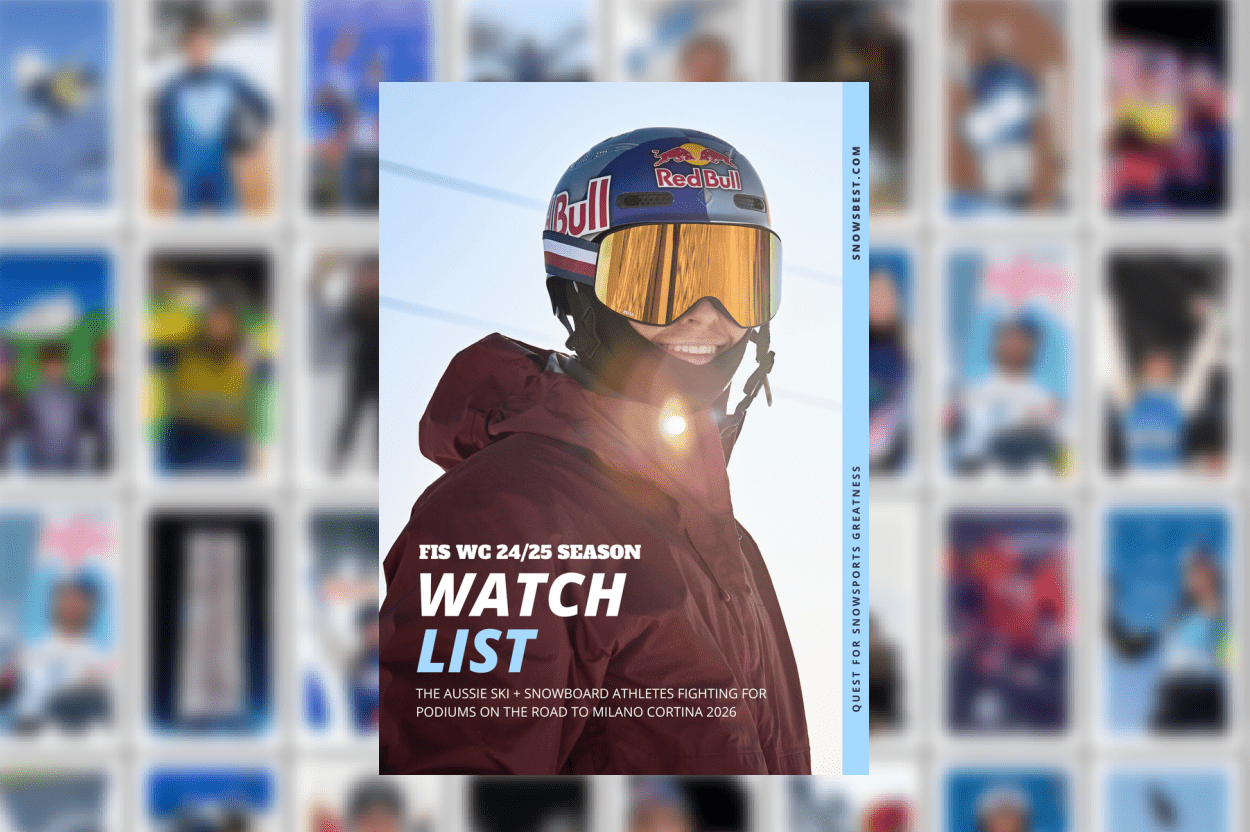Australian alpine skier Katie Parker is flying into Beijing, with team officials unsure if she will pass a COVID-19 test allowing her to compete.
Alpine skier Katie Parker is rolling the COVID-19 dice, with Australian Olympic officials unsure if she will pass a test when she arrives in Beijing.
The Olympic debutante is already missing the giant slalom after she had to delay her planned flight and must pass the arrival test be able to compete.
She was unable to produce two negative tests within a 48 hour period, which is required by Games officials for entry into China and their Olympic bubble.
Having managed now to do this, Parker will attempt to fly into Beijing from the United States on Tuesday, pass a COVID-19 at the airport, and then compete 24 hours later in the slalom event.
Australian team chef de mission Geoff Lipshut admitted he didn’t know if she would pass the Beijing airport test.
The Olympic test regime has a lower threshold for a positive test than in Australia or the US.
Australian curler Tahli Gill, who had COVID-19 in December, continued to produce positive and negative results while in Beijing.
On Sunday she was initially banned from competing until AOC medical staff, including an infectious disease expert, and their own PCR testing in the village produced evidence that she wasn’t contagious.
They convinced Games officials to allow her and mixed doubles partner Dean Hewitt to play in their final two matches.
If Parker fails the Beijing airport test, with the outcome known within hours, she would have to remain in isolation until a second test 24 hours later – meaning she would miss her event as well.
“That’s a good question and I actually don’t know if she will pass the test or not,” Lipshut said on Monday.
“Given she’s recently had COVID, given the experience we’ve had with Tahli, there is a doubt.
“We’re just hoping that she does pass the test and she gets to have her Olympic opportunity.”
Based in Utah, Parker contracted the virus last month and hasn’t been able to train on the snow for the past two weeks.
Lipshut said the 23-year-old was concerned about her disrupted preparation, but was desperate to earn her Olympic stripes.
“That’s the only reason Katie is coming here – for that Olympic opportunity – because otherwise given the recent COVID infection and given the requirements here of testing she probably wouldn’t come,” he said.
“But given it is the Olympic Games and she has been selected to be on the team, we’re giving her every opportunity to come.”
The four-person alpine team is already without Madison Hoffman, who suffered a knee injury while competing last month.
New Olympic champion Jakara Anthony praised the tight testing requirements, saying she felt safer in Beijing than during her international competition travels.
“We’re really fortunate to be here where there are such great COVID protocols – it’s the safest I’ve felt since I left Australia in November,” Anthony said on Monday following her gold medal win in the moguls.
Lipshut also backed the tough IOC stance, despite it leaving a number of international athletes either ruled out or in isolation in Beijing.
“If we want to have a successful Olympic Games our athletes need to be kept safe,” he said.
“Once you’re actually here and in the closed loop system the chances of being safe are actually increased compared to where the athletes are normally.”


































